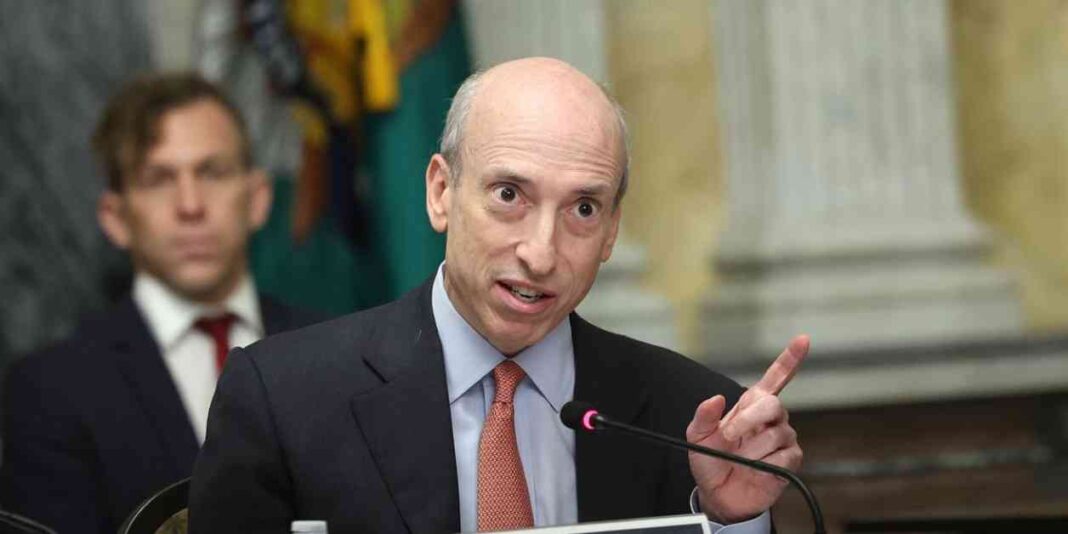At the core of every blockchain network lies a “consensus mechanism,” a set of rules that guides participants in updating the network’s status. Occasionally, participants must agree to a change in these rules, known as a “hard fork,” or else remain on an older version of the network. With a new administration on the horizon, the Securities and Exchange Commission (SEC) has a chance to make a significant change in its approach to regulating cryptocurrencies. While legislation is needed to create a comprehensive legal framework for crypto, the SEC can move away from its current enforcement-heavy tactics and adopt a more innovation-friendly regulatory framework that can adapt to emerging markets.
There is a need for a regulatory “hard fork” in the crypto industry to address four key challenges:
Issuance
Every sale or offer of a security must be registered with the SEC unless exempted. This poses two main issues for crypto asset issuers. Firstly, it’s often unclear whether a specific crypto asset qualifies as a security. Secondly, the current registration process and exemptions are burdensome and not suited for many crypto offerings. A new administration can help alleviate this regulatory burden by clarifying that crypto assets sold under an investment contract that do not independently qualify as securities are not subject to registration.
Staking
Users of proof-of-stake blockchain networks can stake their assets to help secure the network and earn rewards. However, the SEC currently considers many staking arrangements as investment contracts subject to registration. To ensure users have access to staking services, the SEC should establish an exemption for staking services that are deemed securities.
Custody
The diverse participants in the crypto market require various custodial solutions. While some prefer non-custodial wallets, others opt for custodial providers. However, the SEC has made it difficult for industry participants to access both types of custody. By withdrawing certain restrictions and clarifying custody rules, the SEC can remove barriers for crypto custodial solutions.
Trading
Operators of crypto trading venues face challenges regarding listing requirements and secondary market trading. The SEC needs to provide guidance and amend its regulations to accommodate crypto trading venues. Additionally, clarifying the status of crypto assets purchased as part of an investment contract will provide more legal clarity for market participants.
In conclusion, a regulatory overhaul is needed to address the evolving landscape of cryptocurrencies. By adopting a more innovation-friendly approach and clarifying regulations, the SEC can foster growth and development in the crypto industry. It’s time for a regulatory “hard fork” that aligns with the dynamic nature of blockchain technology and digital assets.

